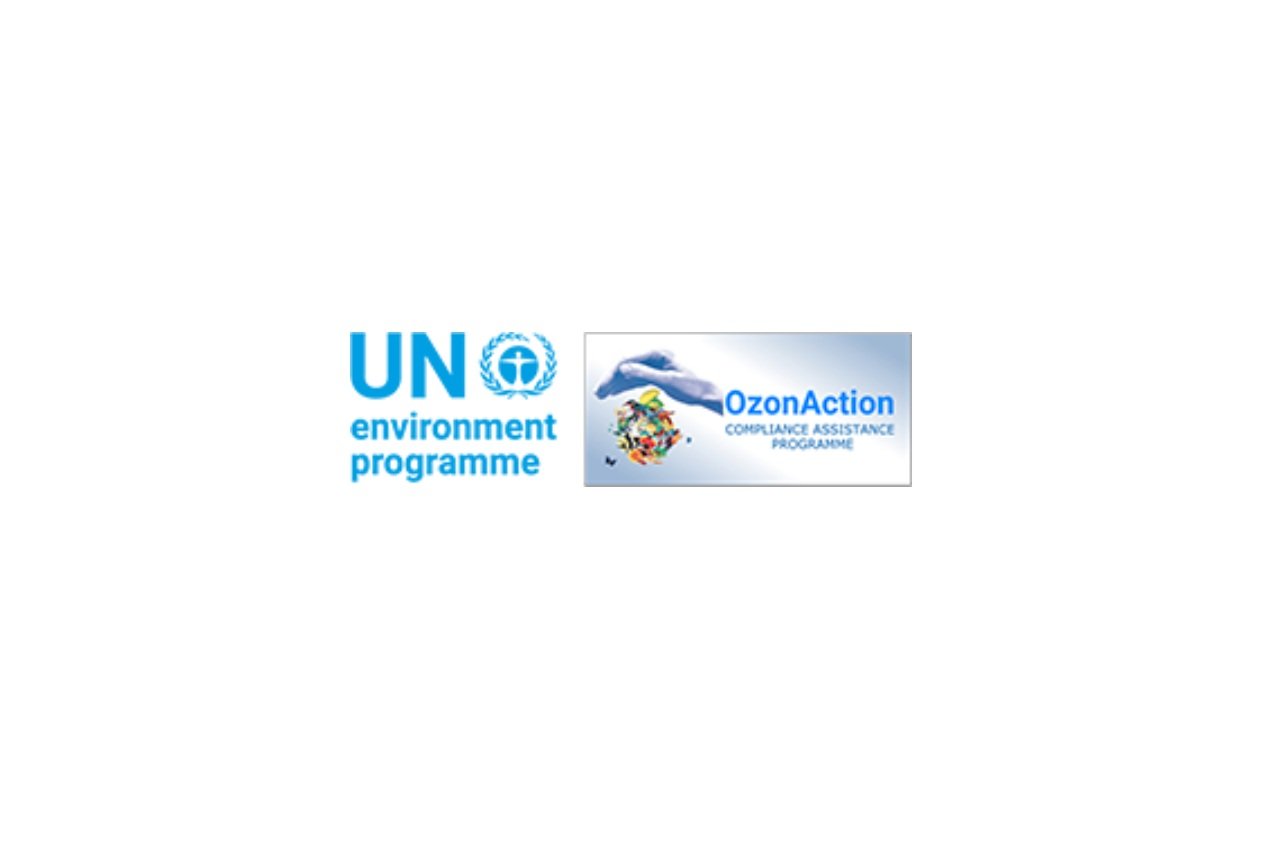UNEP and Indian State of Maharashtra sign agreement on urban heat resilience
The United Nations Environment Programme (UNEP) has signed a Memorandum of Understanding (MoU) with the Government of Maharashtra, India, to address extreme urban heat and promote sustainable cooling solutions across the state.
The partnership focuses on integrating ecosystem-based and passive cooling strategies into urban planning and development. UNEP will provide scientific expertise and global best practices to support Maharashtra in managing the increasing impact of heatwaves and enhancing climate resilience at the city and district levels.
Under the MoU, the UNEP Cool Coalition will support urban heat studies in key cities to assess urban heat island effects and identify vulnerable hotspots. The collaboration includes strengthening Heat Action Plans, embedding cooling strategies in city master plans and affordable housing projects, and promoting the use of green infrastructure.
The initiative also supports policy development and knowledge sharing, with UNEP providing technical guidance to help align sustainable cooling with broader urban development goals. The partnership builds on Maharashtra’s Majhi Vasundhara (My Earth) initiative, which promotes energy efficiency and citizen engagement in environmental action.
“Extreme heat is rapidly emerging as one of India’s most urgent climate risks, and Maharashtra is already experiencing its severe impacts,” said Balakrishna Pisupati, UNEP India Country Head. “This partnership will support Maharashtra in taking comprehensive action through green infrastructure, policy innovation and financing mechanisms.”
Ms. Jayashree Bhoj, Secretary of the Environment and Climate Change Department, added: “This partnership with UNEP brings valuable global expertise that will help our cities develop effective heat action plans, adopt passive and nature-based cooling strategies, and attract long-term investments in thermal comfort and climate resilience.”
The agreement also covers cooperation on broader environmental priorities, including circular economy, carbon reduction, ecosystem restoration, education, and youth engagement in climate action.
